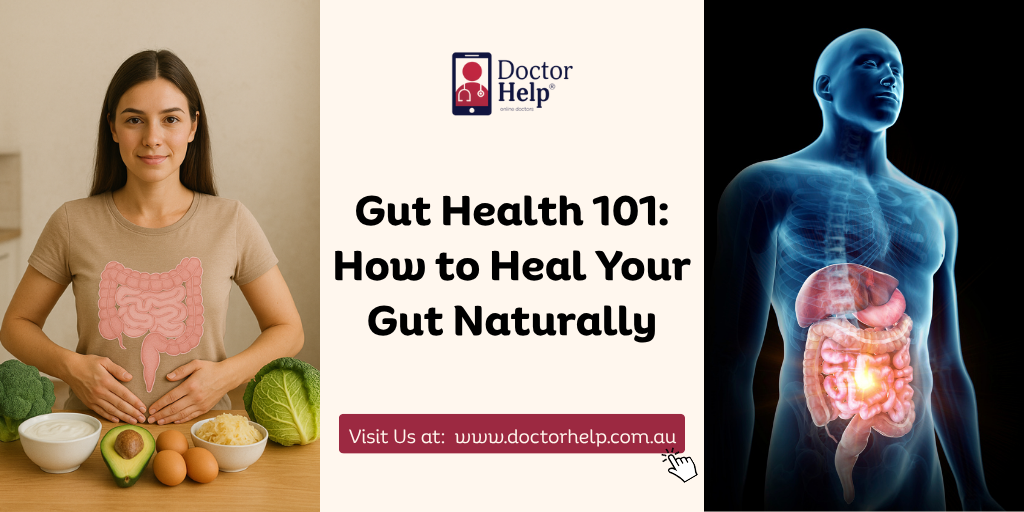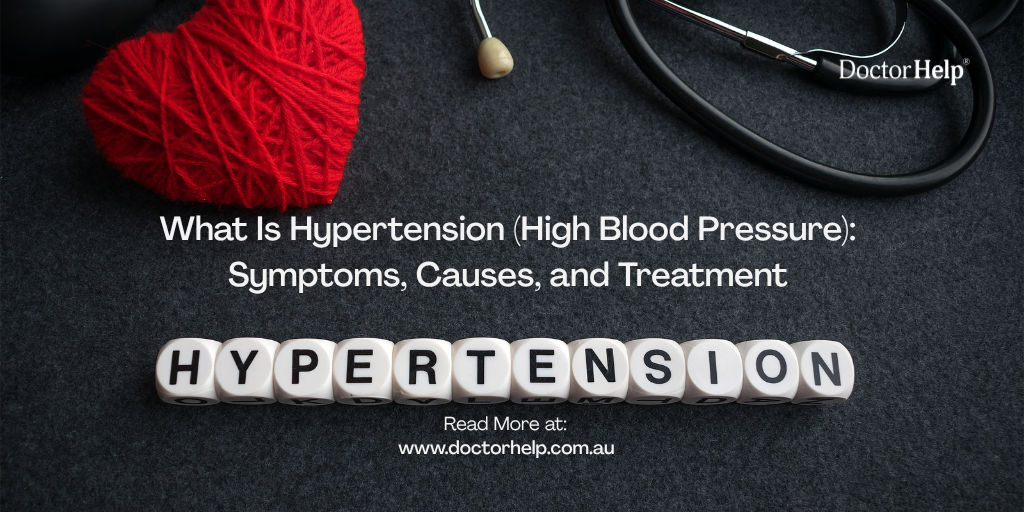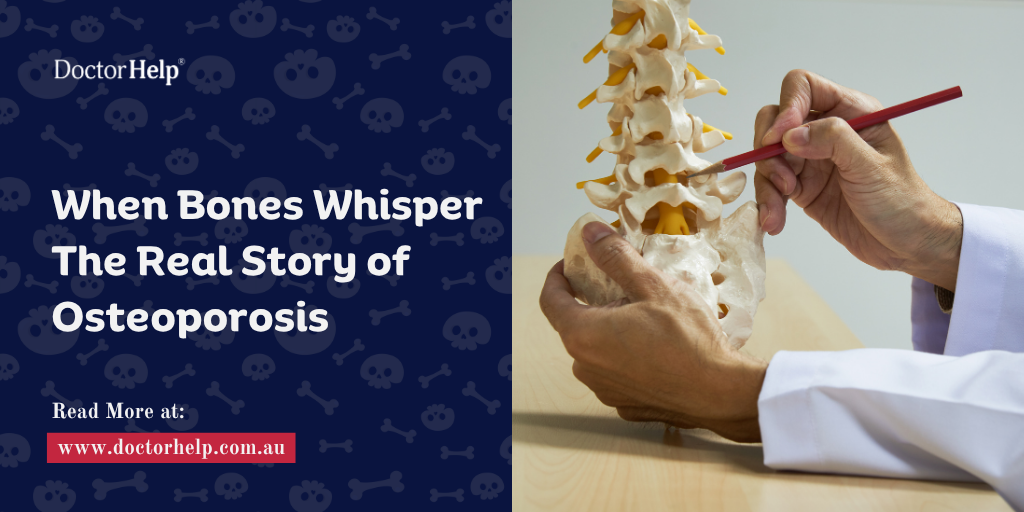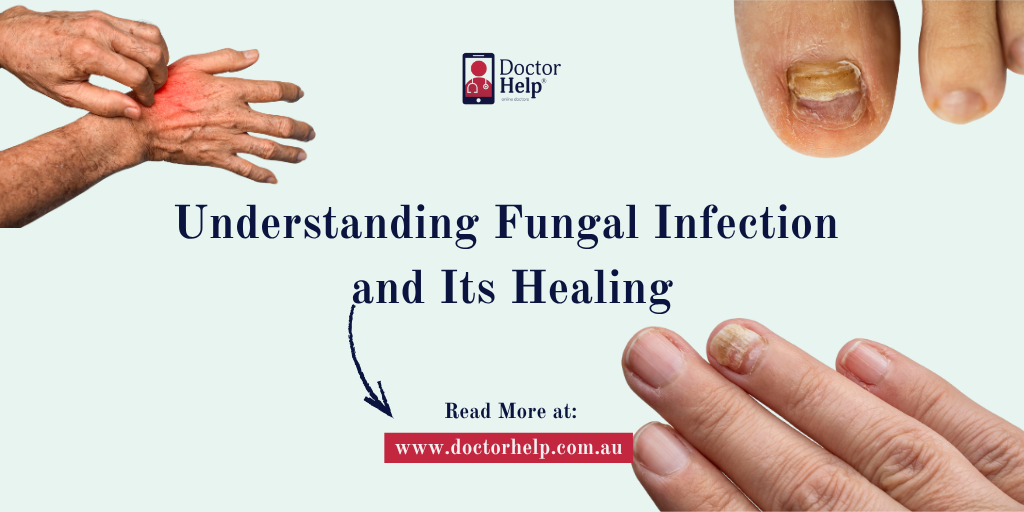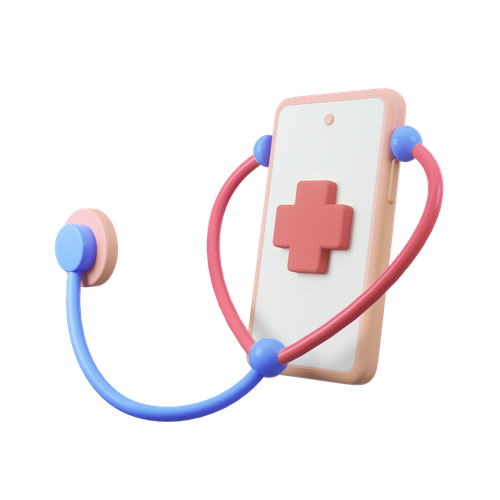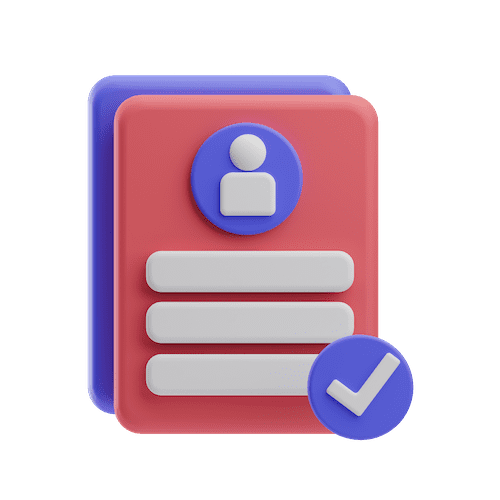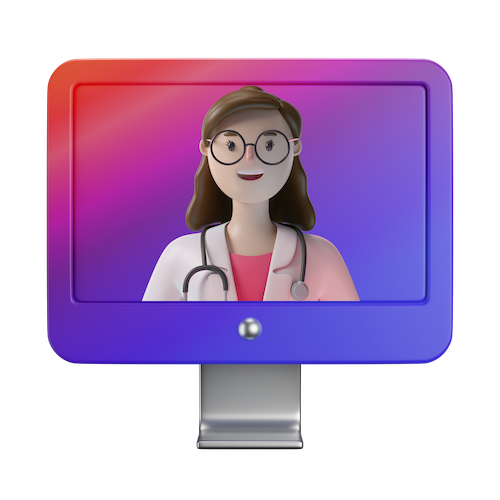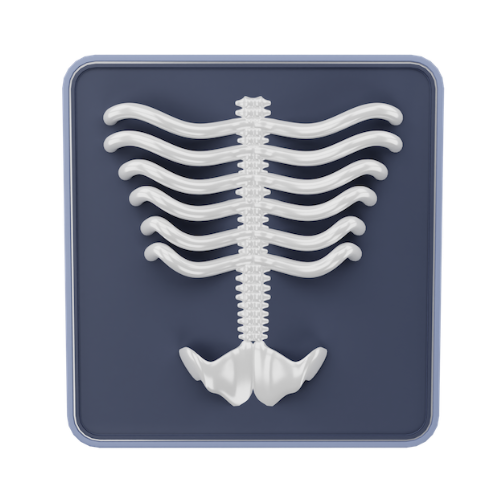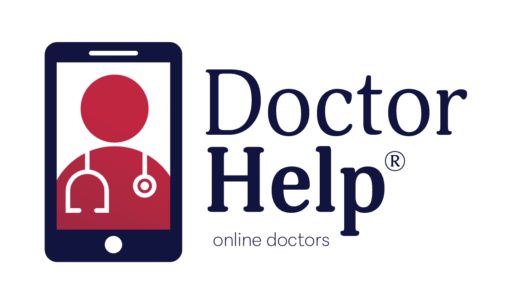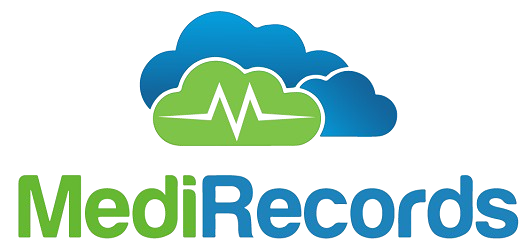Table of Contents
Why Gut Health Is the Real MVP
Your gut is more than just a food processor–it’s your body’s second brain. When your gut is happy, you’re more likely to feel energetic, clear-headed, and resilient. But when things go wrong, you might experience everything from gut bloating to mood swings. In Australia, gut health is a hot topic, and for good reason: it’s linked to everything from immunity to mental wellbeing. But in a world filled with processed foods, stress, and antibiotics in the mix, our gut health often suffers.
The good news? Healing your gut doesn’t always require medication. You can start naturally, from your plate to your daily routine.
If you’re searching for how to improve gut health naturally, you’re in the right place. Let’s break down the science, bust myths, and give you real, government-backed strategies for a healthier gut.
What Is Gut Health?
Gut health is simply the balance and activity of the microorganisms that inhabits your gut, your gut microbiome. This bacterial, fungal and other microbial community is important in food breakdown, nutrient uptake, protection against infections and even mood.
- Having a good bowel implies:
- Effective absorption and digestion of nutrients
- Reduced stomach problems (such as bloated stomach or constipation)
- Stronger immunity
- Improved mood and clarity of the mind
You may experience more than stomach ailments when your gut is out of balance. Your gut may be related to fatigue, skin issues, and even anxiety.
According to Healthdirect Australia, poor gut health can be linked to symptoms like gut bloating, cramping, heartburn, and more chronic conditions like irritable bowel syndrome (IBS).
Why Gut Health Matters
Trillions of microbes are in your gut, consider them your own health army. They assist in food breakdown, the production of vitamins and in the checking of harmful bacteria. Research shows that a bad gut is associated with chronic diseases such as obesity, diabetes and heart disease.
In Australia, digestive disorders like irritable bowel syndrome (IBS) and gut bloating are common, affecting quality of life for millions. That is why, it is not only a trend, but also a need to aim at maintaining a healthy gut diet.
Signs Your Gut Might Need Healing
Many people walk around with poor gut health without even realising it. Here are some red flags:
- Frequent bloating or gas
- Constipation or diarrhoea
- Food intolerances
- Chronic fatigue
- Skin issues like eczema
- Brain fog or low mood
- Sugar cravings
These symptoms may be subtle, but they’re your body’s way of asking for help.
How to Improve Gut Health Naturally
Ready to give your gut some care? Here’s how to improve gut health naturally, with tips supported by Australian health authorities:
1. Eat a Diverse, Fibre-Rich Diet
Microbiome is determined by what you eat. A healthy gut diet is one that is full of whole unprocessed food more specifically fibre that the good bacteria feed on. Your gut best friend is fibre. It nourishes the good bacteria and aids bowel movement. Take up whole grains, legumes, fruits, and vegetables.
The major sources of gut friendly foods include:
- Fermented foods: yoghurt, kefir, kimchi, sauerkraut, miso
- Fibre-rich food: oatmeal, beans, chia seeds, green vegetables
- Foods that are rich in polyphenols: green tea, berries, olive oil
Tip: Shoot to have variety in colours–every colour has got different nutrients and prebiotics.
Read: A Guide to a Balanced Diet – Healthy Lifestyle
2. Add Probiotics for Gut Health
Probiotics are beneficial living bacteria which aid your microbiome balance. They are present in fermented food or as supplements.
Sources of probiotics include:
- Yoghurt
- Kefir
- Sauerkraut
- Kimchi
3. Don’t Forget Prebiotics
In case probiotics for gut health are the good guys, prebiotics can be regarded as their food. They are indigestible fibres, and they will feed your microbiome and stimulate diversity.
Super prebiotic foods:
- Unripe bananas
- Oats
- Asparagus
- Garlic and onions
- Legumes
Prebiotics + probiotics = synbiotic – an ideal duo in terms of gut healing.
4. Hydrate Properly
Hydration is a way to begin good digestion. Water aids your body to digest food and flush out waste products through the intestine easily. The dehydration may lead to constipation and bloating, which are two enemies of a gut.
Try to consume 2 litres a day minimum, more if you exercise or live in a warm climate.
5. Reduce Stress and Get Better Sleep
The connection between your brain and gut is direct through a gut-brain axis. Stress may alter intestinal physiology, create digestion-related delays, and decrease the intestinal microbial diversity.
Stress management can be done by:
- Meditation
- Mild training (yoga, walks)
- Sleeping well (7-9 hrs)
- Cutting caffeine and screen exposure during bedtime
Read our guide on Managing Stress and Anxiety: 5 Simple Tips for Better Mental Health
6. Limit Processed Foods
Ultra-processed foods, especially those that contain a lot of sugar and unhealthy fats, may have adverse effects on the gut microbiome.
They can decrease the number of beneficial bacteria, promote inflammation, and weaken the lining of your gut thus causing health issues. It’s best to stick with whole, less processed foods when you can.
The Role of Prebiotics and Probiotics
You have likely heard of the wonder of probiotics and gastrointestinal wellbeing. So what is the difference between prebiotics and probiotics?
| Type | What they are | Where to find them |
| Prebiotics | Non-digestible fibres that feed good bacteria | Onions, garlic, leeks, bananas, whole grains |
| Probiotics | Live beneficial bacteria | Yoghurt, kefir, sauerkraut, kimchi |
The Australian health authorities advise to obtain these primarily through food, but supplements may come in handy in case one has special needs or conditions.
Best Gut Health Supplements in Australia
Curious what are the best gut health supplements or best gut health supplements Australia? Although a healthy diet is the first step, supplements can be beneficial to some individuals, particularly those with digestive tract problems or those using antibiotics.
Probiotics: When choosing a supplement, search biome probiotics that:
- Comprise a variety of strains (e.g. Lactobacillus and Bifidobacterium)
- Are shelf-stable or refrigerated
- Have clinical research supporting them
- Are registered with the Therapeutic Goods Administration
Prebiotic supplements: These can boost fibre intake if your diet is lacking.
Keen to do some browsing? Look for the best gut health supplements Australia approved by the TGA or recommended by a health practitioner.
Note: Always consult a doctor or an accredited dietitian before introducing change on any supplement, especially if you have underlying health conditions.
Common Gut Issues: Gut Bloating and More
Gut bloating is a common issue, often linked to diet, stress, or underlying gut conditions like IBS. Other symptoms of an unhappy gut include:
- Gas and discomfort
- Irregular bowel movements
- Food intolerances
If you’re experiencing persistent bloating or pain, it’s important to see a healthcare professional to rule out serious issues.
7 Worst Foods for Gut Health
Some foods can wreak havoc on your gut microbiome. Here are the top culprits, according to Australian dietary guidelines:
- Processed meats (like bacon and sausages)
- Sugary drinks (soft drinks, energy drinks)
- Artificial sweeteners (can disrupt gut bacteria)
- Refined grains (white bread, pastries)
- Fried foods (chips, fried chicken)
- Excessive alcohol
- High-fat, low-fibre snacks (potato chips, crackers)
Limiting these can help reduce gut bloating and support a healthier biome.
Conclusion
Healing your gut naturally isn’t about quick fixes or miracle supplements–it’s about building sustainable habits that nourish your body from the inside out. By focusing on a diverse, fibre-rich diet, incorporating prebiotics and probiotics, and making lifestyle tweaks, you can support your gut health for the long haul.
If you’re struggling with gut bloating, digestive discomfort, or need reassurance about your gut wellness, don’t hesitate to reach out to a registered dietitian or you can book a telehealth consult with our online GP.
References:
- Healthdirect Australia. (n.d.). Digestive system. Healthdirect.
https://www.healthdirect.gov.au/digestive-system - The Gut Microbiome: A Key Player in Obesity and Type 2 Diabetes – Mechanisms and Therapeutic Potential. (2024). Juniper Publisher.
https://juniperpublishers.com/crdoj/pdf/CRDOJ.MS.ID.555971.pdf - Can your gut health affect your heart? (2024, June 20). Johns Hopkins Medicine.
https://www.hopkinsmedicine.org/health/wellness-and-prevention/can-your-gut-health-affect-your-heart - Appleton, J. (2018, August 1). The Gut-Brain Axis: Influence of microbiota on mood and mental health.
https://pmc.ncbi.nlm.nih.gov/articles/PMC6469458/ - The impact of ultra-processed foods on cardiovascular diseases and cancer: Epidemiological and mechanistic insights. (2025). Science Direct.
https://www.sciencedirect.com/science/article/abs/pii/S0261561425000317 - Stress and the gut: pathophysiology, clinical consequences, diagnostic approach and treatment options. (2011, December 1). PubMed.
https://pubmed.ncbi.nlm.nih.gov/22314561/

